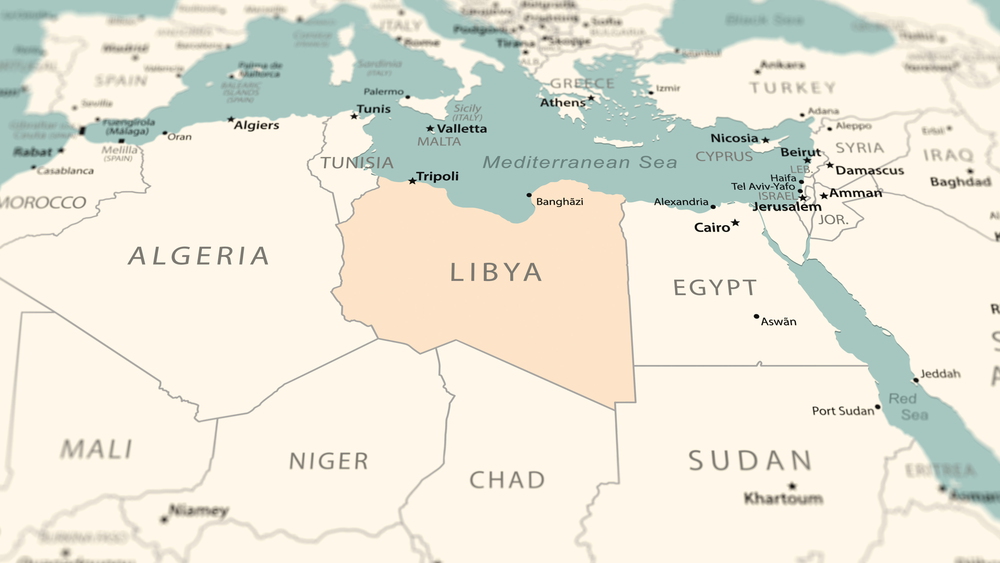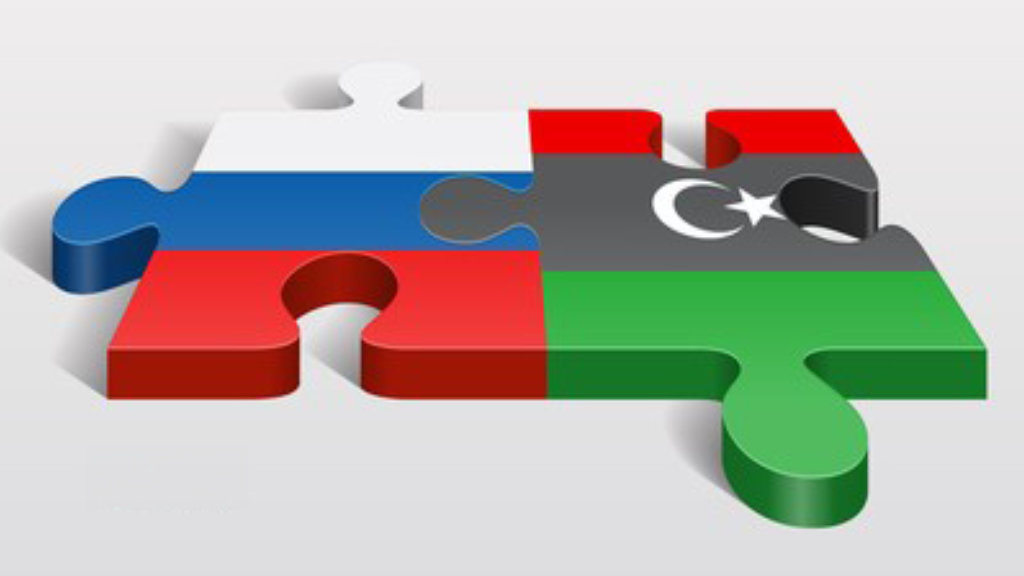Russia’s Foreign Minister Sergey Lavrov met with Taher al-Baour, the Acting Foreign Minister of Libya, in New York on the sidelines of the UN Security Council’s open debate on multilateral cooperation on July 16.
During the discussion on the developing situation in Libya, Lavrov underscored Moscow’s unchanging intent to keep on supporting sustainable stabilisation of the situation in this country and emphasised the importance of securing an inclusive nature of Libya’s nation-wide dialogue in order to preserve territorial integrity, unity and sovereignty of the Libyan state. In this context, Lavrov expressed the hope that a broad intra-Libyan accord will be reached, which is necessary for the successful solution of problems in the transition period, including preparations for national elections.

The parties noted a demand for consolidating international support for Libyans’ efforts in promoting further the political process with the UN leading role, and reaffirmed their mutual interest in developing and enhancing beneficial multifaceted bilateral business cooperation.
Bilateral trade between the two countries is small, following the devastation caused by the 2011 civil war in which NATO was involved in replacing then leader Muammar Gaddafi. The country is still ruled by a unifying government with a view to holding future civil elections. Total trade turnover in 2023 grew to about US$1 billion, up from US$350 million in 2021.
Russian exports to Libya are mainly supplies of corn, barley, wheat, cigars and cigarettes. It is estimated that the potential volume of Russian agricultural products to Libya could reach around US$500 million.
Moscow also announced in early 2024 that several African countries, including Libya would be able to receive loans from Russia as part of lending for the export of agricultural technologies. Given the volumes of Russia’s agricultural exports to Libya, the loans aim at increasing bilateral cooperation in the sector which is expected to lead to further expansion of bilateral trade.
Overall, this fits into the developing trend observable in the relations between Russia and the African continent where in 2023, bilateral trade has grown to about US$21 billion and Libya (along with Egypt, Algeria, Morocco, and Tunisia) now among the top five African states in terms of biggest trade turnover with Russia.
Russia will also be looking to provide security for the Libyan government and to assist with its rehabilitation back into North African trade and development. Libya holds Africa’s largest proved oil reserves, at 48 billion barrels, representing 39% of the continent’s total reserves.
Further Reading

 Русский
Русский













